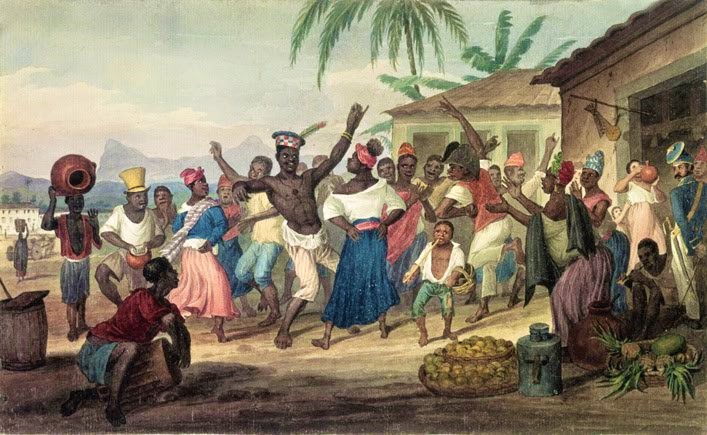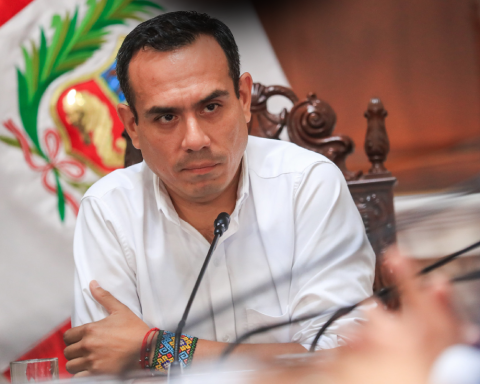Christian Nielsen
It was there that the myth of Zumbi, the Brazilian anti-slavery leader of the 18th century, was born.
It happened 312 years ago today. Alagoas is a small state in the northeast of Brazil flanked by the giant Bahia as well as Pernambuco and Aracajú. These territorial boundaries define the Brazilian political map of today. But towards the end of the 17th century and the beginning of the 18th century, and according to maps of the time, the immense Portuguese possessions aligned on the Atlantic coasts were divided between the oceanic coast and the “sertao”, a term that some translate as desert and others prefer to call “jungle far from the coast” (Cuyás Dictionary). To manage that inextricable network of trails and coastal roads that connected with the deep interior, the Government of Brazil created the so-called captaincies and Alagoas was included in one of them, that of Pernambuco.
From the beginning of the conquest, those territories had different luck. After some Dutch incursions, the Portuguese crown planted a flag and began colonization. The first resource to be exploited was the “pau brasil”, a reddish wood, extraordinarily hard and known for its archery virtues, a technique by which bows for stringed instruments are made.
But the “Mata Pernambuco” promised something more than extractive activities. Their lands showed sufficient agrological aptitude for sugar cane, introduced to Brazil in the 17th century.
That was the beginning.
BORN FREE – Sugar cane was going to be one of the main agricultural items of the Portuguese colony, a real gold mine. But just as it offered fat profits to the farmers, those incomes came from the almost zero cost of their cultivation, care, and harvest. For this, something was needed that was abundant at that time: slave labor.
“From 1627 to 1807, about 400,000 enslaved Africans worked there (in Pernambuco), which made it a market as big as the English colonies that passed into the hands of the United States,” says American journalist Howard W. French, author of “Born in blackness” which could be translated as born in the dark, in darkness or blackness. Any of the meanings in Spanish go with the subject.
It was in that world of chains and suffering that Zumbi dos Palmares was born, considered the greatest warrior leader of the black slaves of northeastern Brazil. His story exceeds the maximum required of a good film script.
Its name Zumbi comes from the Quimbundo nzumbi language spoken in Angola and whose meaning is duende. The contradictory thing is that Zumbi was born free in Pernambuco, but at the age of six he was captured by Portuguese slave traders. At 15 he managed to escape from captivity and from there he began his short but brilliant career to liberate his countrymen from the slave yoke.
QUILOMBO TWO PALMARES – Zumbi soon revealed himself as a daring warrior and a skillful strategist. He must have been, according to some historians, because if the Portuguese crown did not tolerate something, it was the rebels, much worse if they were slaves. And to resist the Portuguese military machine, it was necessary to show courage and intelligence.
The resistance led by Zumbi was mainly concentrated in the Quilombo dos Palmares, located in what is now known as Uniao dos Palmares, a municipality in the state of Alagoas that continues to have sugarcane as one of its main sources of income.
The quilombo was governed by Zumba Bargain, a kind of tribal monarch who one day was convinced by the Pernambuco captaincy to abandon his stubborn attitude and accept the monarchical authority. This implied giving up certain privileges acquired by the so-called “quilombola elite”. But Zumbi did not see anything positive behind that deal, but rather a clear threat against the existence of the quilombo itself and the lives of its inhabitants.
BLOODY END – Fed up with all their unsuccessful attempts to capture the “goblin of the palm groves”, the Pernambucan captaincy hired Domingos Jorge Velho, one of the fiercest bandeirantes from São Paulo, with the mission of razing the settlement where Zumbi had made a stronghold with 15,000 men. The resistance had all the characteristics of a military defense but finally, overwhelmed by the superiority of the attackers, it ended up turning into a massacre. Zumbi managed to escape the encirclement but died in an ambush on November 20, 1710. His body was dismembered and his head was placed on top of a spear “so that everyone would understand that this undertaking completely destroys the Palmares”, as the governor of Pernambuco reported to the King of Portugal.
The date was adopted in certain regions of Brazil as “the day of black consciousness” and for practitioners of capoeira, that typically Brazilian martial art, Zumbi is the ultimate hero and an example of giving up life for freedom .


















